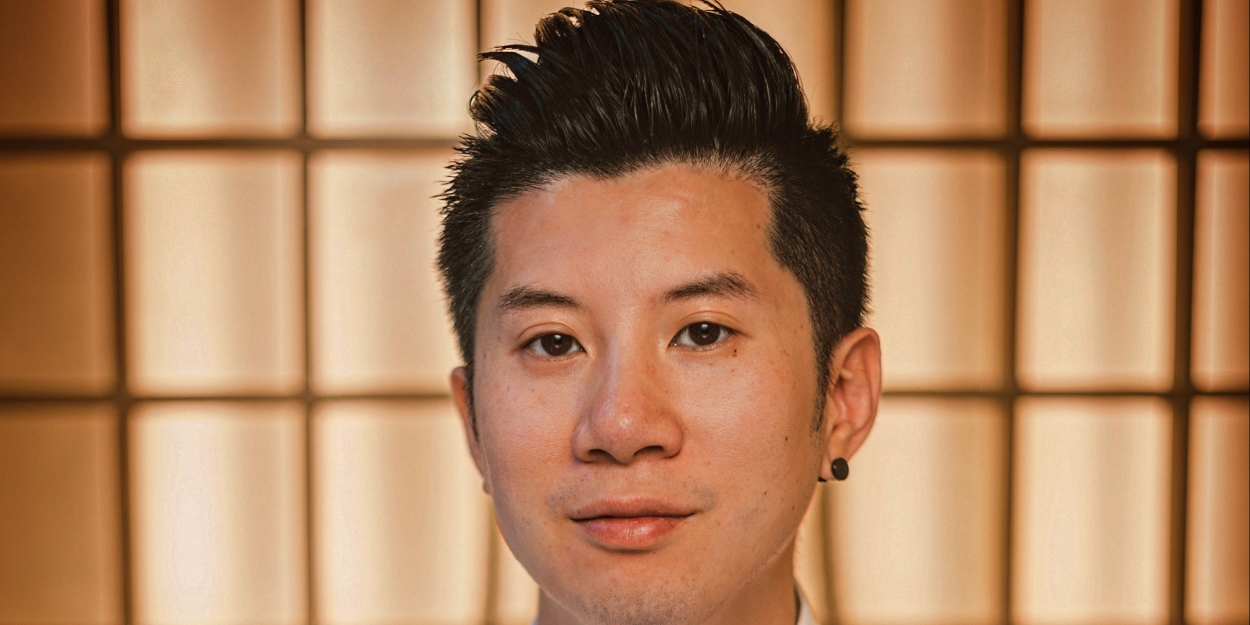Chef Spotlight: Chef/Owner Jay Zheng of TSUBAME
Chef/Owner Jay Zheng of TSUBAME

His family then migrated to the United States Midwest, where he worked in his family’s restaurants beginning as a server and bartender, then to a manager, before finally earning his role as a chef. Educated as an engineer, he tried the business world after college, but hospitality quickly drew him back. Stints at the Peninsula Hotel in Chicago hooked him on fine dining, and he hasn’t looked back since.
Chef Zheng opened his first Japanese fusion restaurant in Indiana in 2011. Hoping for a more appreciative audience for real Japanese flavors, he moved to New York in 2015 and opened Gaijin, an upscale sushi restaurant, one of the first in Astoria, Queens. After the pandemic, he relaunched it as Kōyō, where he took over as Executive Chef and served his first kaiseki-inspired tasting menus.
Food was deeply ingrained in our family's culture during my childhood. Growing up in a humble rural village, we had an outdoor kitchen, fueled by charcoal and wood, that would fill the neighborhood with our culinary aromas. This is where my earliest cooking memories were formed. However, it was when I immigrated to the US and began learning the basics of cooking in my father's restaurant at the age of 12 that my passion for cooking truly ignited.
Who were some of your career mentors?
My father is undoubtedly my mentor. Despite his focus on casual cuisine, it was his unwavering dedication and perseverance that propelled him to own and operate 8 restaurants throughout his career. One of the most impactful lessons I learned from him is the importance of embracing hard work and continuous learning, which are essential for advancing one's career.
What culinary styles have influenced your career?
I began my culinary journey with Chinese-influenced cuisine at a very young age. As my father's culinary empire expanded, branching into diverse restaurant styles including Pan Asian, Ramen, Teppanyaki, Sushi, and American, I gained invaluable experience working across multiple outlets in different culinary genres, which significantly shaped my current style. However, my most significant transition occurred when I entered the world of Fine Dining by joining the prestigious Peninsula Hotel in Chicago, where I was exposed to the epitome of refined culinary artistry. This experience opened my eyes to the extraordinary heights that food can achieve.
What do you consider the most distinguishing features of your work as a chef?
What sets my work as a Chef apart is my innate experimental nature. Continuously exploring and learning new flavor combinations and techniques is a cornerstone of my culinary approach. This philosophy is evident in both restaurants I currently own, where I prioritize seasonality and introduce evolving flavors throughout the year. I firmly believe that certain flavors and dishes shine brightest during specific seasons. For instance, in summer, I focus on creating lighter and refreshing dishes to complement warmer weather, as heavy dishes can overwhelm the palate on hot days. Conversely, during winter, I showcase heartier fare to counteract the cold temperatures, which can dull taste perception. Being attuned to the season and weather is essential in crafting a dynamic and harmonious menu.
What is your favorite meal?
My most cherished meal is a dish my grandma used to prepare when I was a child living in the village. It was a straightforward yet unforgettable crispy pork dish that has stayed with me through the years. The texture, flavor, and aroma of that meal continue to resonate in my memory to this day. I believe this nostalgic connection is why certain dishes I create evoke flavors and aromas reminiscent of my cherished past.
Tell me a little bit about your restaurant for our readers.
At Tsubame, our approach to Omakase dining is distinct. We specialize in Kaiseki-Inspired Omakase, which grants me the flexibility to explore diverse cooking techniques and seasonal ingredients. My culinary journey began in the kitchen, where I honed essential skills such as steaming, braising, frying, grilling, and soup-making—foundational elements of traditional Kaiseki cuisine. However, my fascination with Sushi, cultivated over 14 years ago, inspired the creation of our unique Kaiseki-Inspired Omakase concept. Our hyper-seasonal menu integrates Nigirizushi (sushi) into our Gohan course, following a traditional Kaiseki progression. This approach allows us to showcase the best of each season while honoring the meticulous craftsmanship and artistry inherent in Kaiseki cuisine.
Tsubame is located at 11 Park Place, New York, NY 10007. Visit HERE or call 929.614.5998
Photo Credit: Courtesy of Tsubame
Comments

Videos

